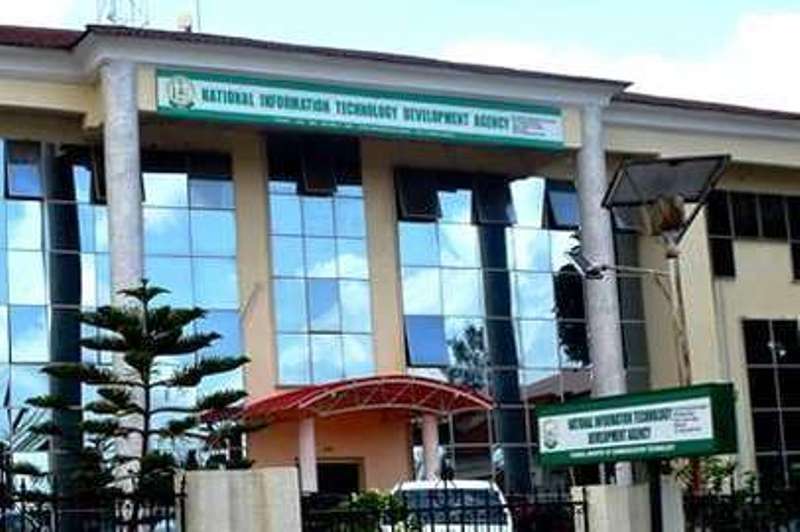The National Information Technology Development Agency (NITDA) is in the process of repealing and re-enacting the NITDA Act, 2007, assuring that re-enacting the Act will ensure that Nigeria benefits maximally from the global digital economy.
While that process is ongoing, it is important to highlight some points why repealing the existing Act became necessary with the launch of the National Digital Economy Policy and Strategy (NDEPS), which effectively replaced the Nigerian National IT Policy, 2000.
- The vision of the National IT Policy is to make Nigeria an IT-capable country by 2005, but Nigeria has gone beyond the vision of using IT but aiming to become the digital economy capital of Africa.
- Since the enactment of the NITDA Act 2007, NITDA has operated as the catalytic Government Agency for developing and regulating the Information Technology sector.
- In light of recent advancements in Information Technology and the shift in the global economy paradigm, the NDEPS was envisioned to “transform Nigeria into a leading digital economy, providing quality life and digital economies for all”.
- Digital technologies come with their promises and perils such as cybercrimes, privacy invasion and other social problems. Hence, the need to proactively manage their adoption through the development of a stakeholder-led robust regulatory architecture to enable Nigeria to maximise the benefits of such technologies and mitigate the negative consequences.
- There is a need for a more agile and practical approach to regulations, standards-setting, and guidelines development for the country, with a focus on digital and emerging technologies.
- There is a need to update NITDA’s legal framework for regulating and developing a digital economy for Nigeria. The Agency’s current establishment law is outdated. It cannot meet the needs and requirements for supporting a digital economy as well as effectively protect the rights and interests of stakeholders in the digital world.
- The review of the NITDA Act 2007 aims to address contemporary digital issues, revamp Nigeria’s economy, build trust and protect the rights and interests of players in the ecosystem.
- The review of the NITDA Act 2007 would serve as an enabler for the growth and development of Nigeria’s digital economy.
- The new Act will create a framework for promoting the startup ecosystem; promoting indigenous products and services through standardization and collaborating with the requisite public and private sector partners to carry out activities that will assist in electronic waste disposal.
- It will foster collaboration to facilitate the implementation of robust cybersecurity measures aimed at building trust in Nigeria’s digital economy; facilitating capacity building through the digital literacy and skills initiative; entrenching stakeholder participation in developing regulations through the rule-making process; and promoting the safe use of digital technologies, including social media, for the attainment of national objectives.
- The proposed NITDA Bill aims to create a regulatory framework to accelerate Nigeria into the digital economy and substantially catalyse prosperity. This will include promoting and implementing policies that support indigenous content, access to digital services, investments in the sector, adoption of emerging technologies, innovation, research and development, with a particular focus on the rights of citizens and national interest.
- NITDA, as the apex regulator of the IT sector, will leverage the proposed NITDAs Bill to extensively engage with crucial IT stakeholders and protect its stakeholders’ interests in the best possible way.

